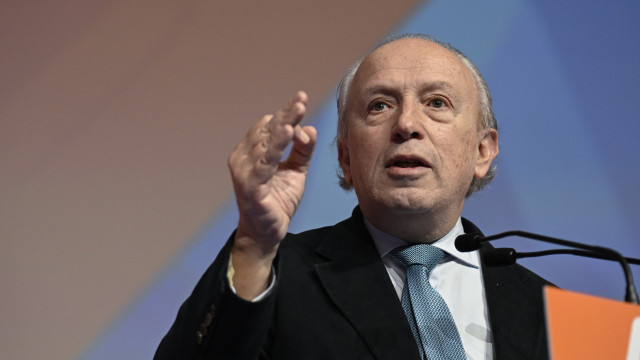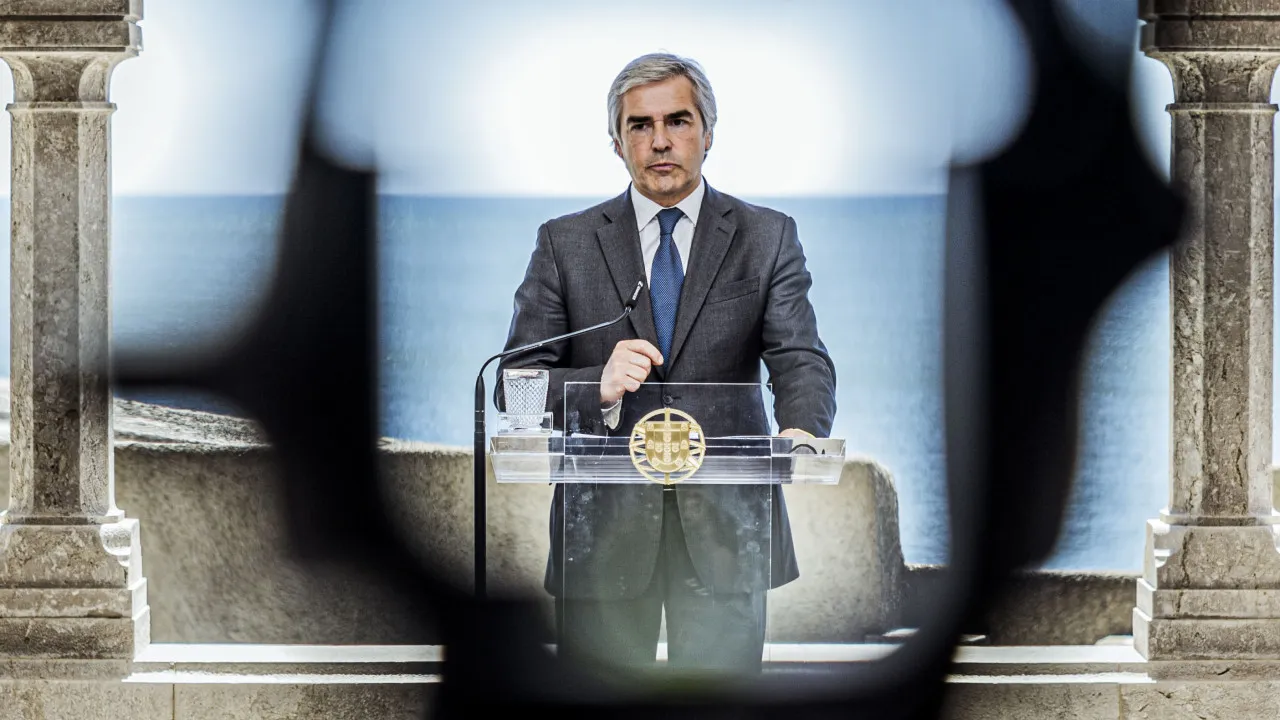
The Chinese Ministry of Commerce is maintaining regular communication with its U.S. counterparts, announced the ministry’s spokesperson, He Yongqian, during a press conference.
“China’s position has always been clear: we are open to economic and trade consultations. But it was the United States that imposed unilateral tariffs, and it is the United States that needs to end the pressure, coercion, and blackmail,” stated He.
The spokesperson called for “equal dialogue based on mutual respect.”
In a related statement, the spokesperson for China’s Ministry of Foreign Affairs, Lin Jian, highlighted that the “reciprocal tariffs” adopted by the U.S. “severely disrupt the global economic order and the multilateral trade system” as well as “the interests and well-being of nations worldwide.”
“These unilateral and aggressive actions have created unprecedented difficulties and challenges,” he asserted.
The minister emphasized China’s support for the international community, including the United Nations and its Security Council, to “promote discussion, deepen understanding of the dangers of unilateralism, reaffirm commitment to multilateralism, and build consensus to safeguard the legitimate rights and development interests of all countries.”
The trade war initiated by U.S. President Donald Trump escalated on April 2, with the announcement of “reciprocal tariffs” on the rest of the world, a measure he revised a week later in response to market drops and a rise in U.S. debt funding.
While he eased his stance towards most countries, applying a general tariff of 10%, he decided to increase customs duties on China, which retaliated with additional tariffs.
Washington imposed rates of 145% on Chinese imports, whereas Beijing increased its tariffs on U.S. products to 125%.
The U.S. has decided to exempt many Chinese technological products, although Trump announced that tariffs on semiconductors would be applied “in the near future.”
On Wednesday, Beijing appointed a new representative for its trade negotiations, Li Chenggang, replacing Wang Shouwen, who was part of the U.S. trade negotiation team during Donald Trump’s first term (2017-2021).




